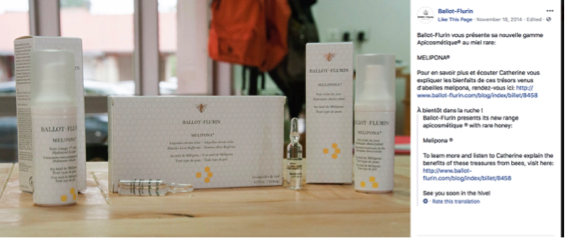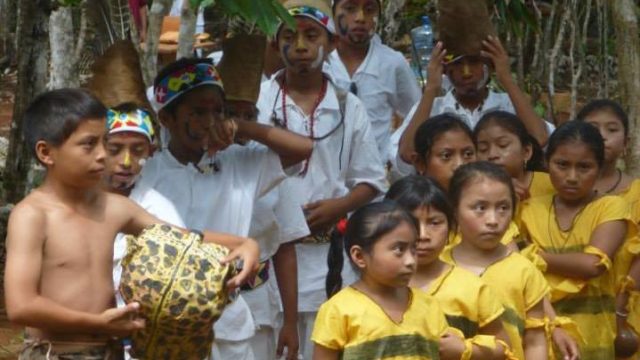The Yucatan Peninsula currently suffers different types of threats towards its territory, its biodiversity its culture and its indigenous people, its uses, customs and traditions, all of these values are currently under threat.
The deforestation that the Yucatan Peninsula has suffered is also alarming and it represents the risk of disappearance for many species of flora and fauna.
Through the Nagoya Protocol, in force in Mexico since 2014, biopiracy has been somehow legalized, granting national or international companies access to genetic wealth of local and / or indigenous communities in our country.
The Nagoya Protocol on Access to Genetic Resources and the Fair and Equitable Sharing of Benefits Arising from their Utilization (ABS) to the Convention on Biological Diversity is a supplementary agreement to the Convention on Biological Diversity. It provides a transparent legal framework for the effective implementation of one of the three objectives of the CBD: the fair and equitable sharing of benefits arising out of the utilization of genetic resources.
The Nagoya Protocol on ABS was adopted on 29 October 2010 in Nagoya, Japan and entered into force on 12 October 2014, 90 days after the deposit of the fiftieth instrument of ratification. Its objective is the fair and equitable sharing of benefits arising from the utilization of genetic resources, thereby contributing to the conservation and sustainable use of biodiversity.
Biopiracy is mainly carried out by pharmaceutical, agri-food, or cosmetic multinational firms that use elements of nature such as plants, seeds, leaves, flowers, animals, insects, etc., copying the techniques of the indigenous communities that use them ancestrally to feed or heal, as is the case of the Melipona honey down here in the Yucatan Peninsula.
Taking advantage of the Nagoya Protocol, these companies take ownership of the knowledge that the communities have developed throughout centuries, saving large amounts of money in research and manufacturing products that they introduce to the market as “innovative” (which is totally false), and they monopolize these products by means of patents that give them the right of intellectual property with exclusivity for sale.
The Nagoya protocol and the patent system are a new way of colonizing indigenous communities through the appropriation and commodification of living beings or elements endemic to their territories, along with the traditional knowledge of millenary cultures.
“With samples of honey, Mr. Stephane Palmieri president of the Melipona Maya Foundation went to France and presented himself as the “savior” of the Melipona, obtaining the full economic support of the company Ballot-Flurin to finance his biopiracy promises with sale of melipona honey to the firm, so they can manufacture products, register them, patent them, and market them with the MELIPONA line that was launched on the market since 2014 “, explains a spokesperson from the Múuch ‘Xíinbal Assembly.
The Múuch ‘Xíinbal assembly unites members of more than 20 Maya communities in the Yucatan Peninsula. They claim to be organizing to defend their territory which is being affected by major “megaprojects”, where international companies and the government intend to install huge wind turbines and thousands of solar panels on their land and territory. They are also against companies and foundations that are trying to steal their cultural assets to commercialize them in other countries.
The Múuch ‘Xíinbal Assembly issued a press release on May this year where it reiterates its accusation against the Melipona Maya Foundation and its president Stephane Palmieri , and urges the cooperatives of Tulum and other places in the Peninsula not to sign any agreement under the concepts of the Nagoya Protocol, which would legalize the dispossession of the Maya people.

Photo taken from the Ballot-Flurin Facebook page where the MELIPONA product line is dsiplayed: Lip balm, hand cream, skin and serum vials, all made with melipona honey, and for sale in France. (Photo: FB)
TYT Newsroom with information from:




